TimeBoundary queries
Apache Druid supports two query languages: Druid SQL and native queries. This document describes a query type that is only available in the native language.
Time boundary queries return the earliest and latest data points of a data set. The grammar is:
{
"queryType" : "timeBoundary",
"dataSource": "sample_datasource",
"bound" : < "maxTime" | "minTime" > # optional, defaults to returning both timestamps if not set
"filter" : { "type": "and", "fields": [<filter>, <filter>, ...] } # optional
}
There are 3 main parts to a time boundary query:
| property | description | required? |
|---|---|---|
| queryType | This String should always be "timeBoundary"; this is the first thing Apache Druid looks at to figure out how to interpret the query | yes |
| dataSource | A String or Object defining the data source to query, very similar to a table in a relational database. See DataSource for more information. | yes |
| bound | Optional, set to maxTime or minTime to return only the latest or earliest timestamp. Default to returning both if not set | no |
| filter | See Filters | no |
| context | See Context | no |
The format of the result is:
[ {
"timestamp" : "2013-05-09T18:24:00.000Z",
"result" : {
"minTime" : "2013-05-09T18:24:00.000Z",
"maxTime" : "2013-05-09T18:37:00.000Z"
}
} ]
